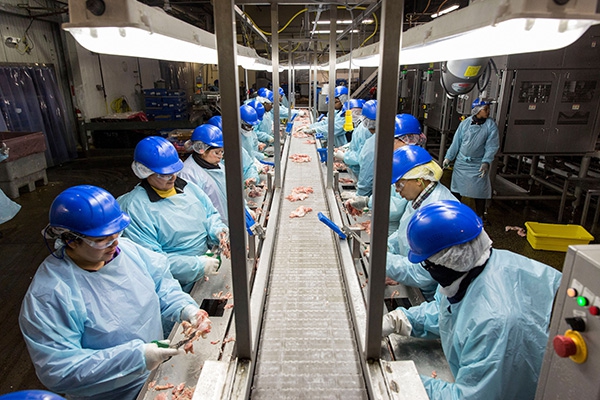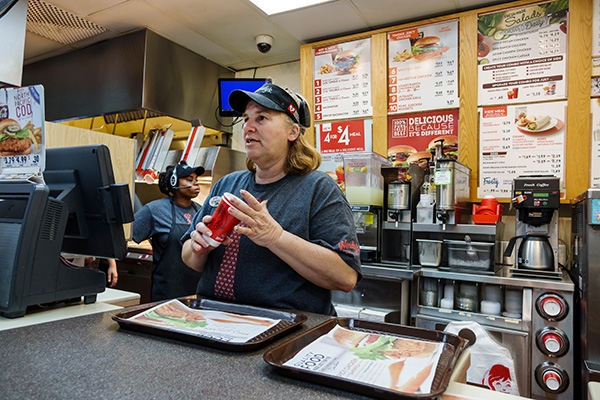Reporting Grants
Hillman’s reporting grants are intended to support ambitious, timely, under-covered stories about the U.S workplace. The grants are part of the foundation’s efforts to improve coverage of working people, union organizing and the workplace. They are also intended to help support freelance reporters, especially during the coronavirus pandemic. The demand for more and deeper reporting on the workplace comes as government regulation has decreased, changing work arrangements have upended standard employment practices, and new groups of workers are organizing to seek protections on the job. At the same time, news organizations, facing their own financial pressures, have not been investing the way they once did in coverage of the workplace and some parts of the country no longer have thriving local news outlets. The aim of these reporting grants is to increase the likelihood that a labor or workplace story will get covered despite potential impediments like geographic location, lack of attention or resources. These grants are intended to cover the costs of reporting these vital stories, such as travel and related expenses.
Examples of story ideas might be: Union or anti-union campaigns, traditional or nontraditional workplace organizing efforts, profiles of important or under-covered individuals or organizations, or issue-based stories relating to labor and the workplace.
Deadlines:
There are no deadlines. Proposals will be reviewed on a rolling basis.
Eligibility:
The reporting grants are open to all professional journalists. Freelance journalists must secure a media outlet to run their story before funds are dispersed. Strong preference will be given to facilitating stories that otherwise would not get written–in other words, the grants are not intended to simply cover the costs of reporting a story for publications that could have covered the costs themselves. We are open to any medium as long as the proposal meets the criteria.
How to Apply:
Applicants should submit a well-focused story proposal of no more than three pages via the online form below.
Think of it as a pitch, much like you would submit to an editor: give us enough preliminary reporting and documentation to demonstrate that the story is solid. The proposal should highlight what’s new and significant about the story, why it matters now in the context of the U.S workplace or labor movement, any unique access or documents you may have, and what its potential impact might be.
Please note significant stories on the subject that have run elsewhere and how the proposed piece would differ. Please also briefly outline a proposed reporting plan and timeline for completing the story and let us know which media outlet(s) is lined up to run the story, including the name and contact information for the editor. Even better, include a letter of support from your editor with your propsal.
In addition, applicants should include three samples of past work that showcase your ability to tackle a story in the proposed medium. Links are fine.
Please include a budget request. Reporters are expected to receive a fee from the media outlet that publishes their story. Your budget request should include travel and other out-of-pocket costs and can include a fee to cover additional time required to do your reporting. The maximum grant will be $5,000, but we expect to award grants of varying amounts, so feel free to apply for smaller budget stories.





